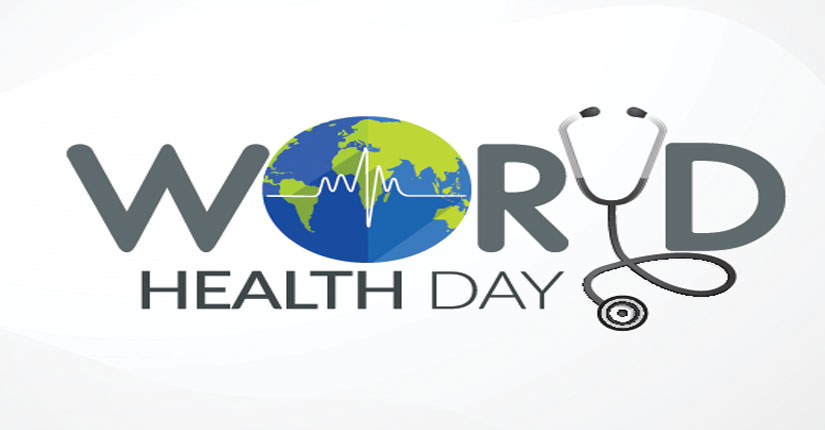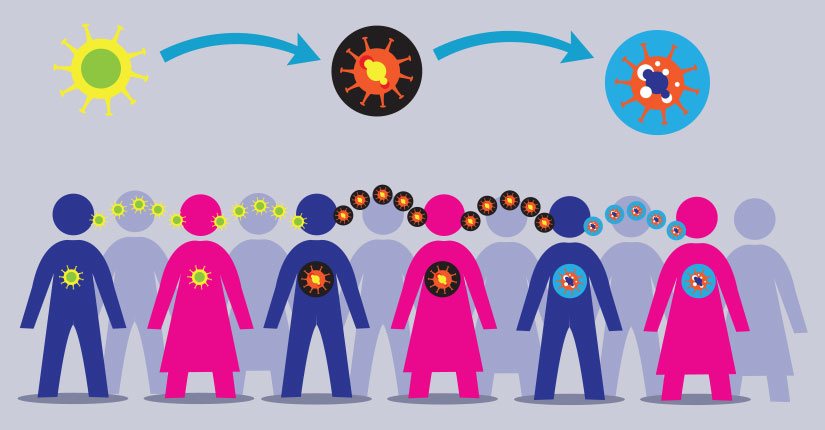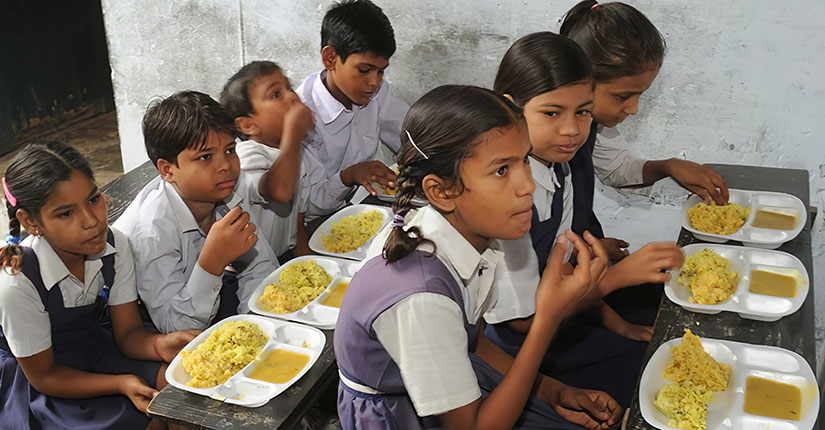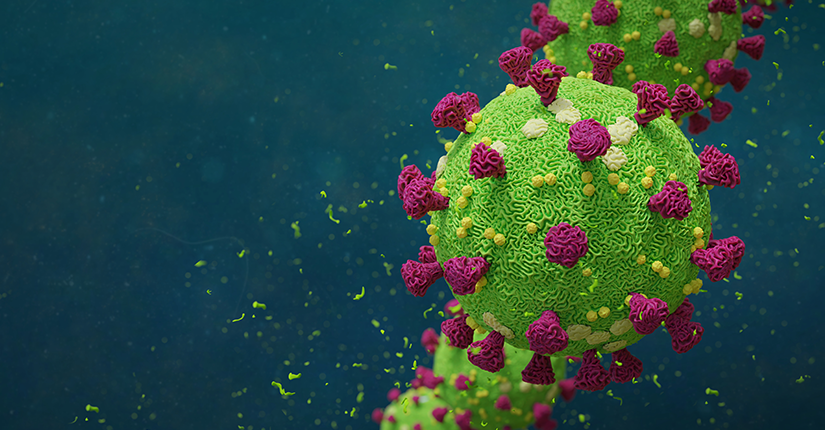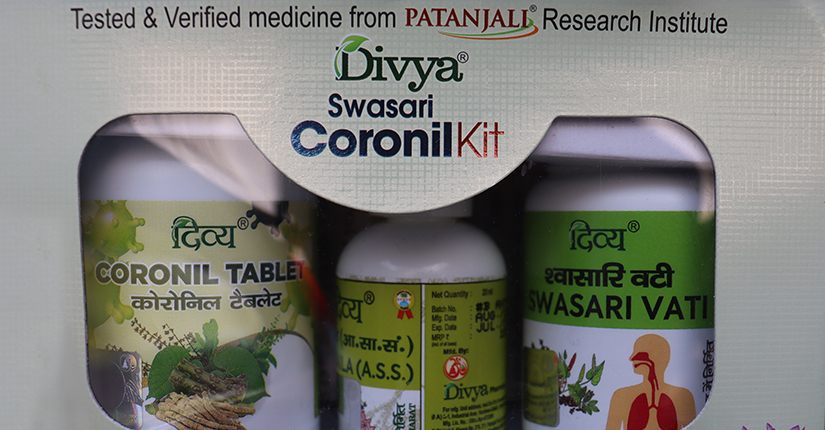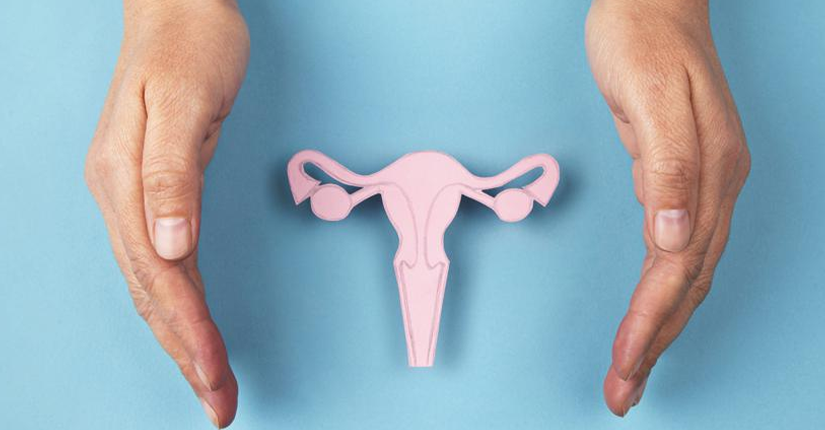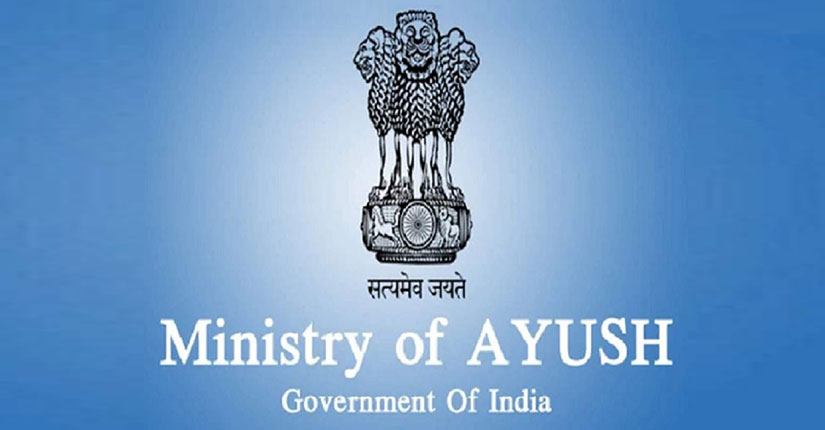United Nations Tweeted That Every Mother Should Be Able To Protect Her Child From Statelessness
By Nmami Agarwal 13-May 2022 Reading Time: 4 Mins
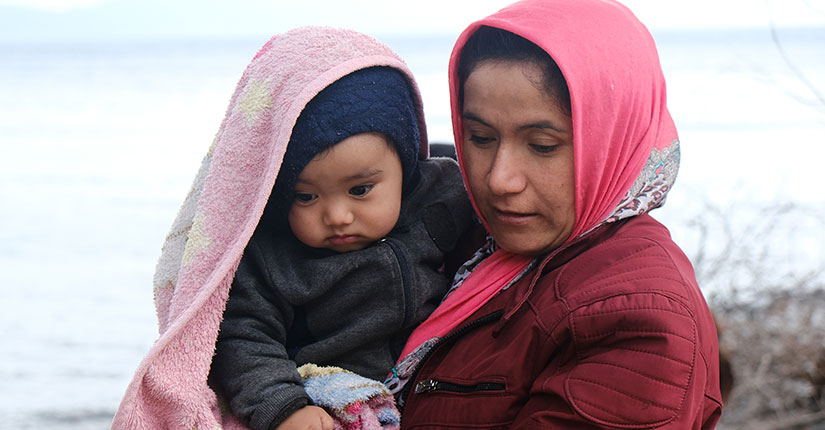
Today, millions of people around the world are denied nationality. As a result, they often aren’t allowed to go to school, see a doctor, get a job, open a bank account, buy a house or even get married. Stateless people may have difficulty accessing basic rights such as education, healthcare, employment, and freedom of movement. Without these things, they can face a lifetime of obstacles and disappointment.
The international legal definition of a stateless person is “a person who is not considered as a national by any State under the operation of its law”. In simple terms, this means that a stateless person does not have the nationality of any country. Some people are born stateless, but others become stateless. People usually acquire a nationality automatically at birth, either through their parents or the country in which they were born. Sometimes, however, a person must apply to become a national of a country.
In 25 countries around the world, women are still not able to pass on nationality to their children. The United Nations on the occasion of Mother’s Day tweeted that every mother should be able to protect her child from statelessness.
Governments establish who their nationals are. This makes them responsible for legal and policy reforms that are necessary to effectively address statelessness. But UNHCR, other agencies, regional organizations, civil society and stateless people all have roles to play in supporting their efforts.
Causes of Statelessness
- Gaps in nationality laws are a major cause of statelessness.
- Another factor that can make matters complicated is when people move from the countries where they were born.
- Another important reason is the emergence of new states and changes in borders.
- Finally, statelessness can also be caused by loss or deprivation of nationality.
To make a difference, we must work together. Each of the four areas of the United Nations’ work on statelessness – identification, prevention, reduction, and protection – overlap with the expertise of other international organizations and NGOs, and relies on the local knowledge and expertise of civil society groups, national human rights institutions, academics, and legal associations. Their contribution to the work allows them to prepare and recommend the most effective solutions.
Over To You:
Whatever the cause, statelessness has serious consequences for people in almost every country and in all regions of the world. And the mothers who give birth to a new life must have the equal rights to pass on their nationality.

